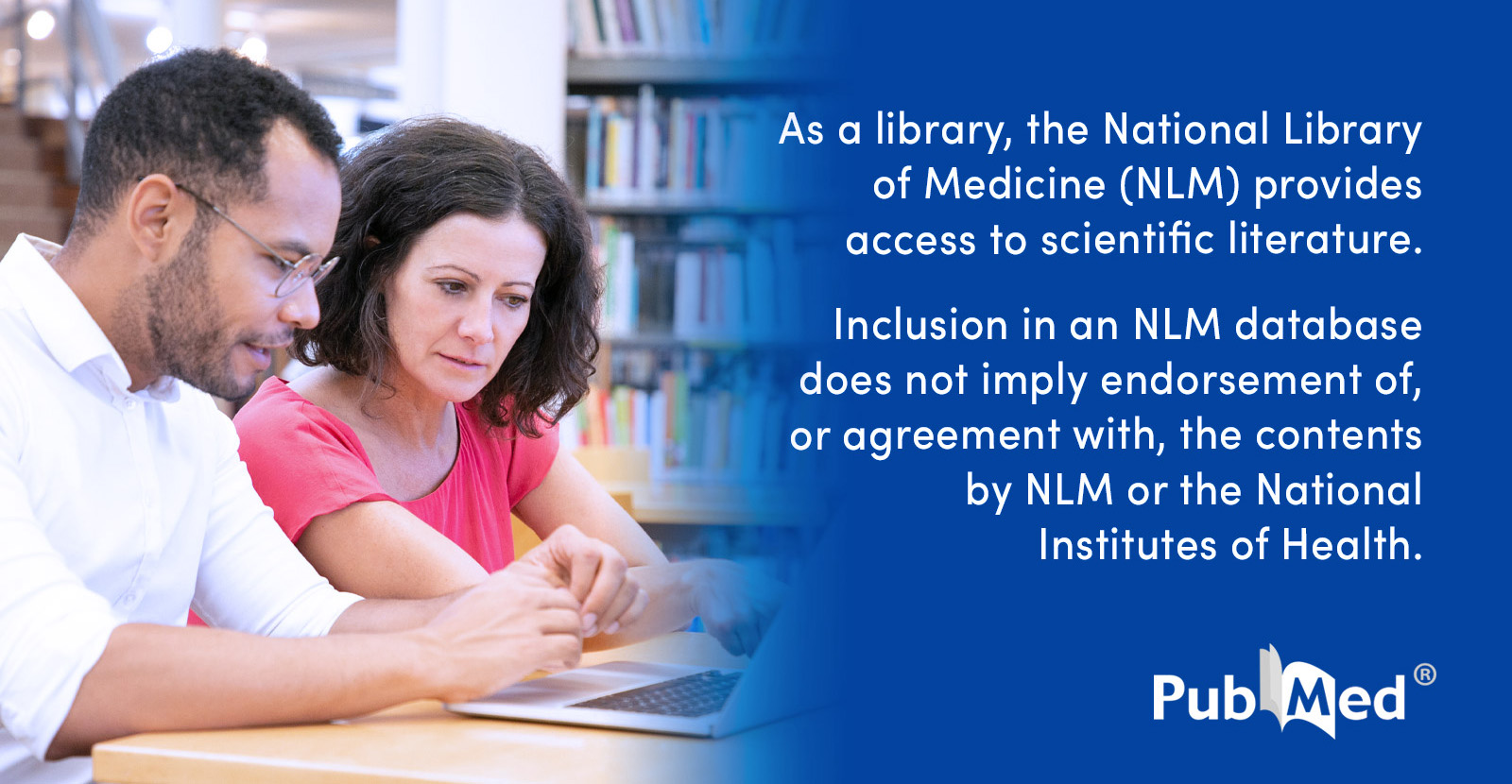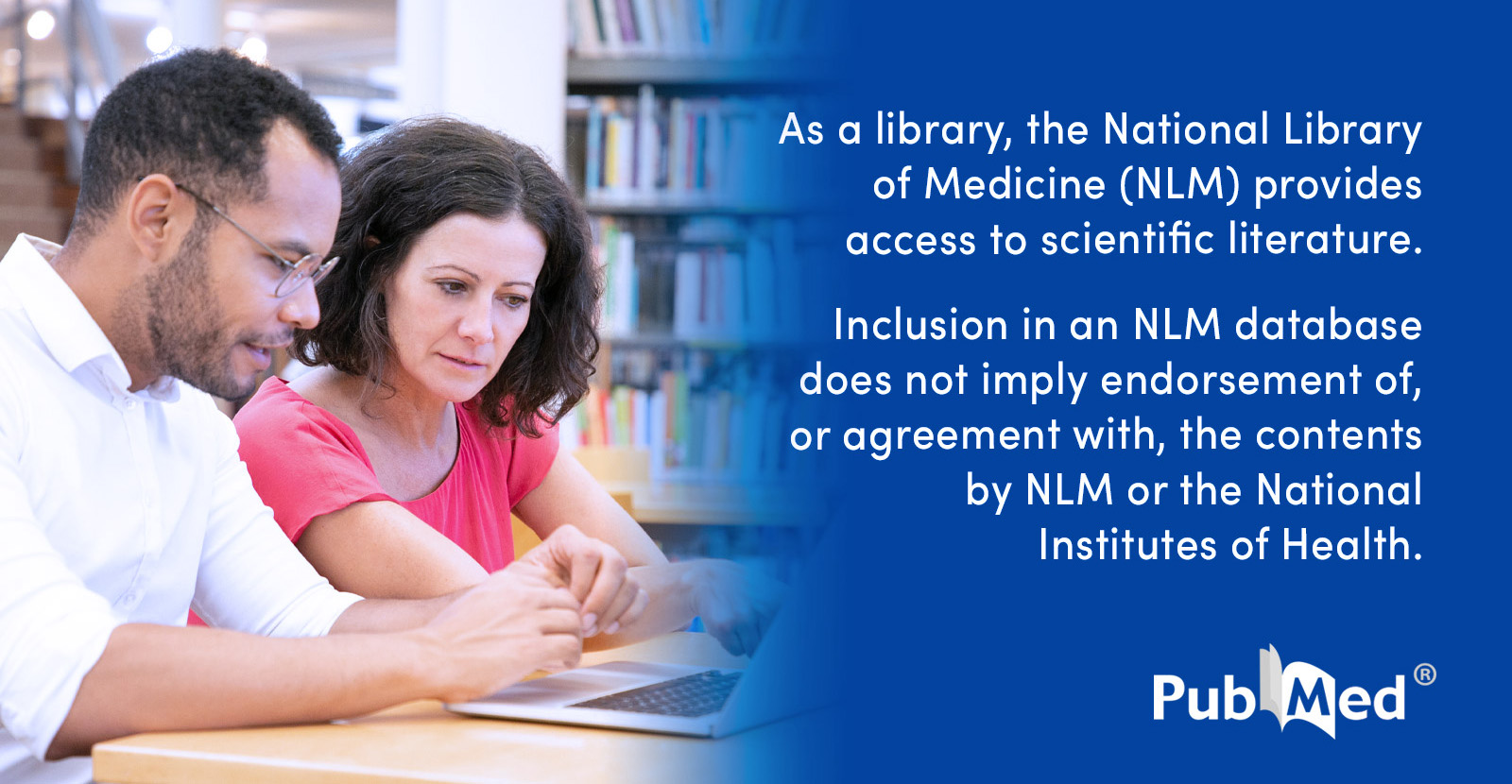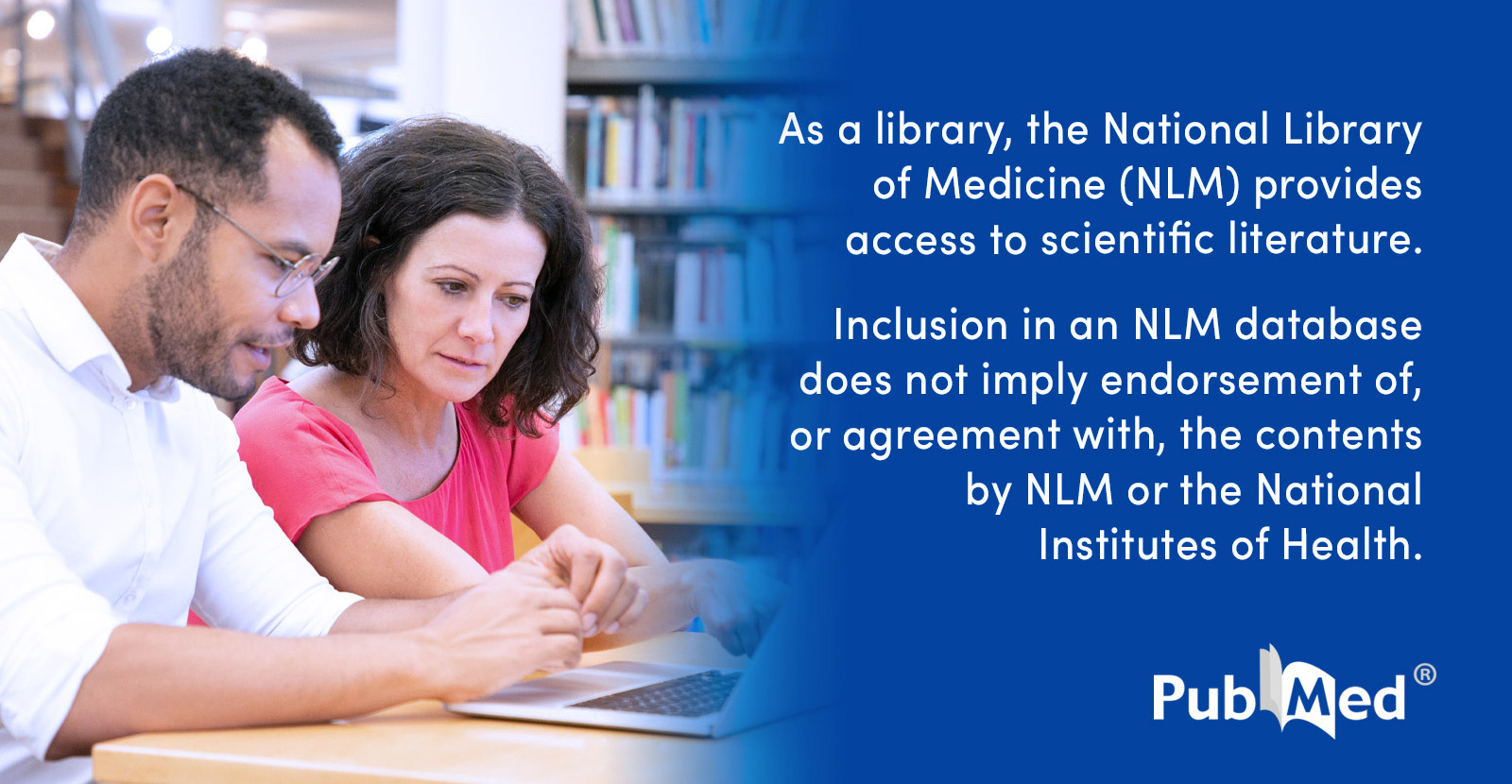
Patients with non-MRI-conditional cardiac implantable electronic devices (CIEDs), such as pacemakers and defibrillators, frequently face restricted access to magnetic resonance imaging (MRI), a critical diagnostic tool in modern medicine. Unlike MRI-conditional devices, which are specifically designed to be safely used in MRI environments, non-MRI-conditional devices lack official safety clearance, leading to hesitancy among providers to order vital imaging studies for fear of patient harm.
However, a growing body of research and clinical experience suggests that many MRI scans can be performed safely in patients with non-MRI-conditional CIEDs, provided proper protocols and monitoring procedures are followed. As a result, medical professionals are advocating for broader access to MRI for this patient group, aiming to ensure equitable healthcare and timely diagnosis of serious conditions, such as cancer, neurological disorders, and musculoskeletal abnormalities.
Recent initiatives have focused on raising awareness among clinicians, developing institutional safety protocols, and expanding training in device management during imaging procedures. These efforts are part of a broader movement to align radiological and cardiological practices with current evidence and technological capabilities.
Despite these advancements, challenges remain. Variability in institutional policies, concerns over liability, and limited staff expertise in device programming during MRI pose persistent barriers to uniform access. Bridging these gaps will require continued collaboration across specialties, updated guidelines based on empirical data, and policy support that facilitates access while ensuring patient safety.
Overall, improving MRI access for patients with non-MRI-conditional cardiac devices is essential for optimizing their care. With continued interdisciplinary engagement and adherence to established safety protocols, healthcare systems can reduce disparities and enhance outcomes for this vulnerable population.
Source: https:// – Courtesy of the original publisher.








